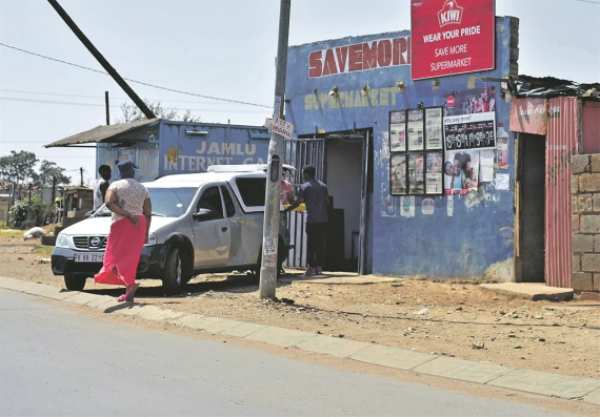Measures put in place during lockdowns are likely to persist, with huge implications for every aspect of life and business
Retail across the world will be a whole different ball game after the coronavirus pandemic, with rental agreements likely to be based on turnover, while a number of stores will be forced to close, says ratings agency S&P Global.
In a report focused on the sector, S&P said the pandemic will also result in a “permanent change in shopping habits”.
This is bad news for landlords, said S&P, as retailers will push for lower rentals and turnover-based rent as consumer spending remains subdued. The sector will also use this to “push for more flexible and less onerous rental terms and lease contracts”.
S&P said high rentals in previously popular places with high foot traffic, such as transport hubs, will also come under scrutiny as people travel less.
Much of what it predicts is already being seen in SA. Clicks asked for rental reductions for shops it could not open in April, including Musica and The Body Shop, while large clothing retailers paid less rent as they were unable to open at all.
Dis-Chem, for example, paid about 83% of its rent in April based on the percentage of product lines it was permitted to sell. Growthpoint, the country’s largest property company, with a portfolio that includes Cape Town’s Constantia Village, Pretoria’s Brooklyn Mall and a 50% stake in the V&A Waterfront, collected less than half its April rent.
The report said worldwide, as has been the case in SA, governments and consumers have differed on what essential goods should be allowed to be sold during lockdowns.
S&P predicts the future will include smaller retail stores with limited ranges and fewer staff, employed on flexible contracts, and a big downturn in luxury retail at duty-free stores as travel volumes will stay depressed.
There will be a move to “dark rooms”, small warehouses close to people’s homes that are used to prepare food or groceries for delivery only, as more and more shopping and food ordering goes online.
The report made dire predictions about restaurant and pub turnover as consumers may socially distance long after global lockdowns end. It said takeaway and drive-thru restaurants in the US will bounce back far quicker than casual sit-down restaurants. This is in line with what Famous Brands, owner of Steers, Debonairs, Wimpy and Mugg & Bean has predicted.
Famous Brands has said most of its sit-down restaurants, which include chains such as Fego Caffe and Turn ’n Tender, will not open until the lockdown has ended. Steers and Debonairs will perform better when SA moves to lockdown level 3 on June 1.
S&P believes retail will improve significantly faster in China than in other countries. “The economic downturn will lead to a fall in disposable incomes and further accelerate the tendency for customers to seek value and gravitate towards discounters ... Chinese customers could defy this trend, however, because we believe discretionary and luxury retail will continue to grow, albeit more slowly.”
Johann Rupert, chair of Richemont, expressed similar views in the company’s annual report, released on Wednesday, saying its 462 luxury stores in China are already open and sales are good.
Global researcher Euromonitor has also warned that fashion retail will have far fewer sales globally, predicting a decline of 12% in 2020. Prior to the pandemic, the sector was expected to grow by 2%.





